Excel or Smartsheet: Which is the Better Option for Project Management
Advertisement
Simplifying processes requires selecting the correct project management technology. Two often used choices are Excel and Smartsheet. Excel is fantastic for analysis and data handling. Smartsheet, on the other hand, is meant to handle projects with capabilities that more precisely manage tasks, deadlines, and teamwork.
Choosing the correct tool becomes essential as teams look for more intelligent methods of working. Although both Excel and Smartsheet have certain advantages, their restrictions depend on the degree of intricacy of your project. Based on usability, functionality, teamwork, and integrations, this article will contrast both products. Knowing what each tool offers enables you to choose the ideal one for your team, whether you are handling a big project or a little task list.

Excel vs. Smartsheet: A Detailed Comparison for Project Management
Choose Excel for freedom or Smartsheet for accuracy. Each tool fuels your project with special capabilities and clever ideas.
Usability: Excel's Simplicity vs. Smart Sheet's Focus
Most people already know Excel, so starting data monitoring without learning anything new is simple. Excel performs nicely at handling budgets, numbers, and lists. It is not, however, especially meant for recording chores or controlling project processes. Conversely, Smartsheets are designed for project management. It aids in your more efficient handling of deadlines, chores, and schedules. Its design guarantees organization and increases output. Although Smartsheet has a little learning curve, the advantages exceed any minor slope. The user interface helps communication and cooperation to be more effective. Both instruments have value; pick the one that best suits your particular objectives and working style requirements.
Features: Excel's Power vs. Smart sheet's Project Tools
Excel is a data master tool. Data visualization, model building, and simple computation are all easily accomplished. However, project planning is constrained. It provides neither automated reminders without plugins nor Gantt charts. Smartsheet is designed specifically for projects. It covers tasks, automation, and chronologies. Managing deadlines and tracking development come easily to you. Dashboards built-in help to simplify reporting. Project tools available on Smartsheets are ready for usage. No complicated coding or setup is needed here. Smartsheet is the better option for managers and teams if project characteristics are more important.
Collaboration: Smart sheet's Team Advantage
In collaboration, Smartsheet excels. It allows your staff to work simultaneously on the same sheet. Changes happen immediately. You can create reminders, write comments, and designate chores. Everybody keeps current and in line. Excel's internet sharing is not as seamless, but it is available. Version problems or lost edits are possible here. Small teams or solitary use find it more suited. Smartsheets are designed for real-time team collaboration. Smartsheets obviously lead if cooperation is the most important. It keeps your whole staff in one location and linked.
Integration: Excel's Flexibility vs. Smart sheet's Seamless Sync
Excel connects with several tools. It links readily to databases, financial systems, and other areas. Almost anything is possible for you to create. It is adaptable going beyond project use. Though with an eye toward a project, Smartsheet also combines nicely. It speaks to tools such as Teams, Google Workspace, and Slack. You will find rapid setup templates. These are intended especially for handling processes and chores. Excel wins if you need great adaptability. Smartsheet is more suited for your work environment if you are running a project and require smart connections.
Pricing: Excel's Affordability vs. Smart sheet's Subscription Model
Many individuals already use Excel, which is included in Microsoft Office. For many consumers, there is no additional expense. For either people or small companies, it's reasonably priced. Smartsheet bases its business on paid subscriptions. You pay for extras and per user. For big teams, this can start to be costly. It provides tools that Excel does not. Your team could find advanced management tools worth it. Excel saves money, but it is also useful if you require spreadsheets. Pick depending on your team size and financial constraints.
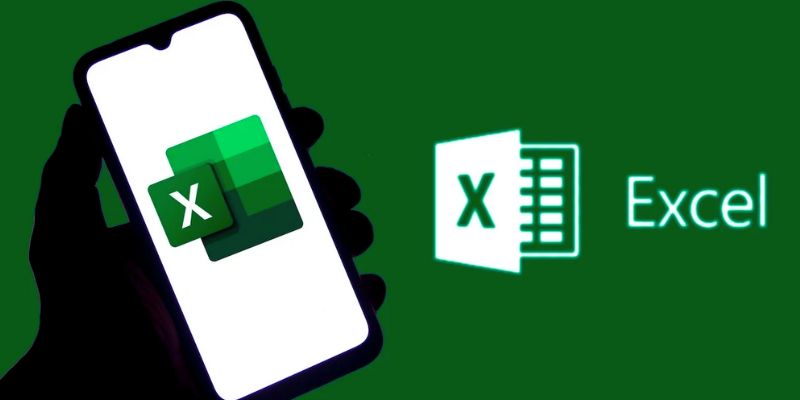
Customization: Excel's Freedom vs. Smart sheet's Ready Templates
Excel allows you to construct from scratch anything. For bespoke sheets, models, and reports, it is ideal. That calls for time and expertise. You could find special formatting or formulas needed. There are built-in templates in Smartsheet. These are ready-made for typical project chores. It saves setup work and time. Your document can, however, be tailored depending on the project requirements. Excel demands work but delivers freedom. Smartsheets provide structure and speed. Smartsheet assists if you wish fast starts with minimal effort. Excel offers countless choices for complete control.
Which is Better: Excel or Smartsheet?
The demands of your project will determine whether Excel or Smartsheet is best. If you know Excel, it's a snap decision. It is fantastic for simple calculations and data tracking. Excel's adaptability lets you easily construct unique sheets. However, it does not have sophisticated project management tools such as automation and Gantt charts. Conversely, smart sheets are meant for use in project management. They include capabilities like timetables, work assignments, and progress tracking and are user-friendly.
Smartsheet is great for teams since cooperation is flawless there. Though they're not as seamless, Excel has some collaborative tools. Smartsheet also works more harmonically with tools for project management. Smartsheet is a tool that you can use if you require real-time teamwork and unique capabilities. Excel can handle your smaller demands if they are all that exist. The ideal decision ultimately comes from your project scope, team requirements, and financial constraints.
Conclusion:
The specifications of your project will guide the Excel and Smartsheet you require. For straightforward computations and chores, Excel is excellent. Though it lacks sophisticated tools, it's familiar and adaptable. With features like Gantt charts and real-time teamwork, Smartsheets shines in project management. Teams and big projects would find it perfect. Smartsheet does, however, cost a membership. For smaller teams or easier chores, Excel is more reasonably priced and easily available. It's ultimately about determining the best fit for the demands of your team. Both Excel and Smartsheet have special features that enable effective project management regardless of your choice.
On this page
Excel vs. Smartsheet: A Detailed Comparison for Project Management Usability: Excel's Simplicity vs. Smart Sheet's Focus Features: Excel's Power vs. Smart sheet's Project Tools Collaboration: Smart sheet's Team Advantage Integration: Excel's Flexibility vs. Smart sheet's Seamless Sync Pricing: Excel's Affordability vs. Smart sheet's Subscription Model Customization: Excel's Freedom vs. Smart sheet's Ready Templates Which is Better: Excel or Smartsheet? Conclusion:Advertisement
Related Articles
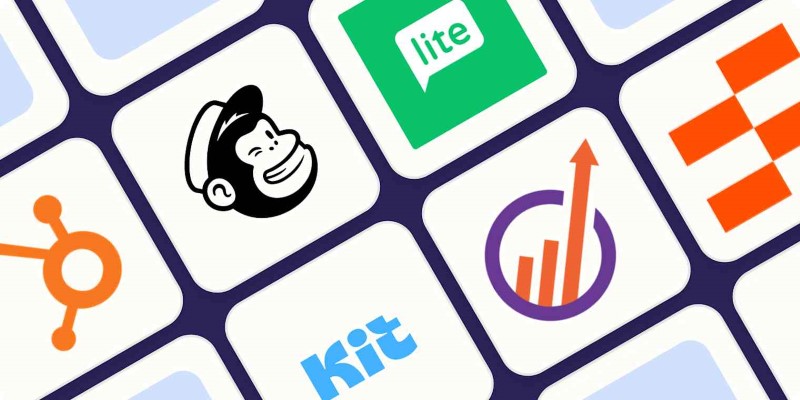
Top ActiveCampaign Alternatives to Try in 2025 for Smoother Workflows

Webflow vs. Squarespace: Which Website Builder is Best for Your Business

The 8 Best AI Meeting Assistants in 2025 to Save Time and Stay Organized

Smartsheet vs. Asana: Which Project Management App is Right for You
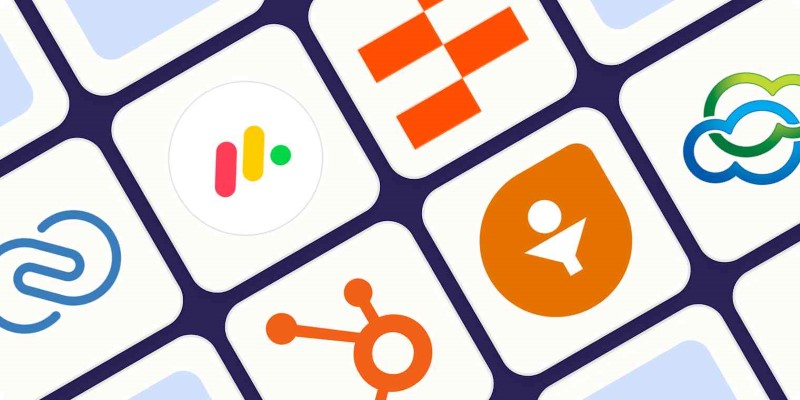
The 7 Best Client Management Apps in 2025 for Smoother Workflows and Happier Clients

The 6 Best Airtable Alternatives in 2025 to Organize, Track, and Collaborate Better

ActiveCampaign vs. tinyEmail: Comparing the Best Email Marketing Tools
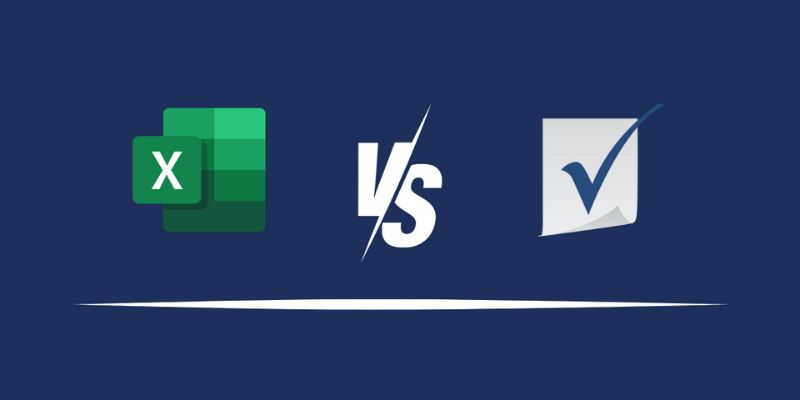
Excel or Smartsheet: Which is the Better Option for Project Management
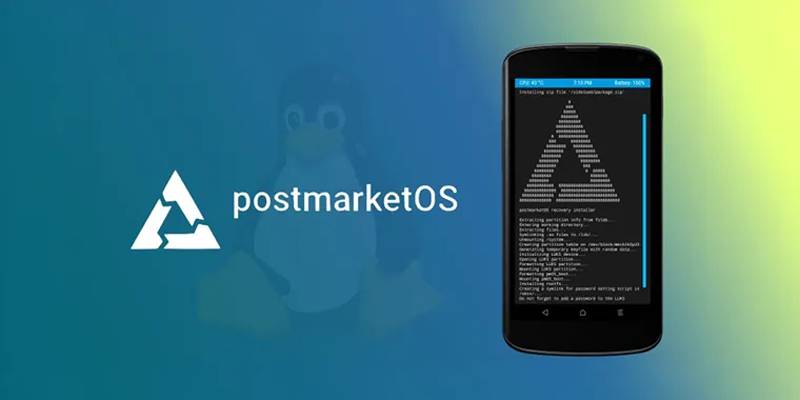
March postmarketOS Update Brings GNOME 48 and COSMIC Integration

Fathom vs. Fireflies: A Comprehensive Comparison of the Best AI Note Takers
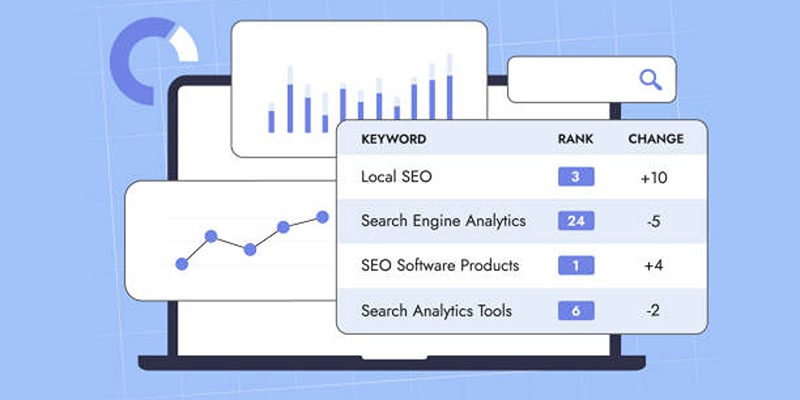
The Ultimate Guide to Linking Google Forms with Google Docs Templates
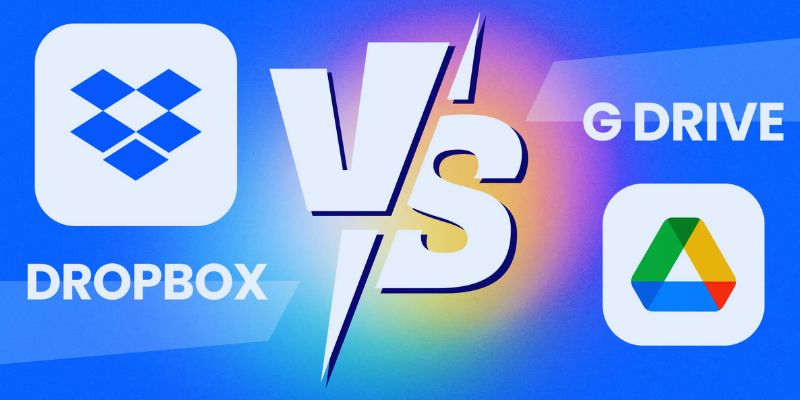
 lameuplay
lameuplay